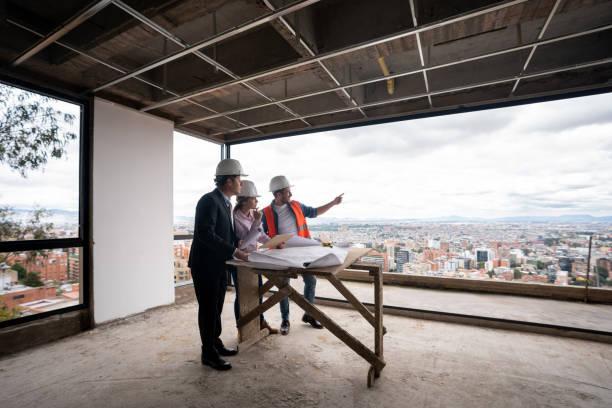Understanding the Down Payment Requirement
Before delving into timelines, it’s crucial to grasp the concept of a down payment and its significance in the home buying process. A down payment is the initial upfront payment made towards the purchase price of a property. It serves as a demonstration of your financial commitment to the transaction. And, reduces the amount of money you need to borrow from a lender. The percentage required for a down payment varies depending on factors such as the type of mortgage, your creditworthiness, and the lender’s policies. Traditionally, down payments range from 3% to 20% of the home’s purchase price, with higher percentages often associated with better loan terms and lower monthly payments.
The Construction Timeline: When Does Payment Come into Play?
Unlike purchasing an existing home, buying a new construction property involves a distinct timeline that impacts when your down payment is due. The construction process typically unfolds in several stages, each accompanied by specific payment milestones.
Understanding these stages is essential for planning your finances and ensuring a seamless transition from groundbreaking to move-in day.
Reservation Deposit:
At the outset of your journey, you may be required to make a reservation deposit to secure your chosen lot or property within the development. This initial deposit demonstrates your serious intent to purchase and may range from a few hundred to several thousand dollars.
Contract Signing:
Once the initial paperwork is complete and the terms of the purchase agreement are finalized, you’ll be asked to sign a contract with the builder. At this stage, a portion of your down payment may be due. Typically ranging from 5% to 10% of the total purchase price. This payment solidifies your commitment to the project and allows the builder to commence construction with confidence.
Construction Phases:
As construction progresses, additional payments will be required at key milestones, such as the completion of the foundation, framing, and interior finishes. These payments are typically structured as progress payments. And it may vary depending on the builder’s policies and the specifics of your contract. It’s essential to stay informed about the construction timeline and anticipate upcoming payment deadlines to avoid any delays or complications.
Final Payment: Upon the completion of your new home, the final payment, including the remaining balance of your down payment, closing costs, and any additional fees, will be due. This payment is typically made at the closing table when you officially take ownership of the property. Ensuring that you have sufficient funds available for this final payment is crucial for a smooth and successful closing process.
Factors Influencing Down Payment Timing
The construction timeline provides a general framework for when down payments are due. But, several factors can influence the specific timing of these payments. Understanding these factors can help you better prepare and adapt your financial strategy accordingly.
- Builder Policies: Different builders may have varying policies regarding down payments and payment schedules. Some builders may require larger initial deposits or staggered payments throughout the construction process. While others may offer more flexibility in structuring payment arrangements. It’s essential to review your contract carefully and discuss any concerns or questions with your builder to ensure clarity and alignment.
- Mortgage Financing: Securing mortgage financing is a critical component of the home buying process, and the timing of your down payment may be influenced by the requirements of your lender. Some lenders may require a specific percentage of the down payment to be paid upfront. While others may allow for greater flexibility in timing. Working closely with your lender and staying proactive in providing the necessary documentation can help streamline the financing process. And, it ensures timely disbursement of funds.
- Personal Financial Considerations: Your financial situation and preferences may also play a role in determining when to make your down payment. Factors such as cash flow, savings goals, and investment strategies can all influence the timing of your payments. Assessing your financial position and consulting with a financial advisor. It can help you make informed decisions that align with your long-term goals and priorities.






